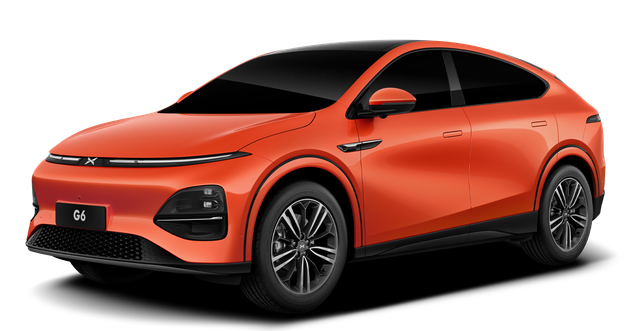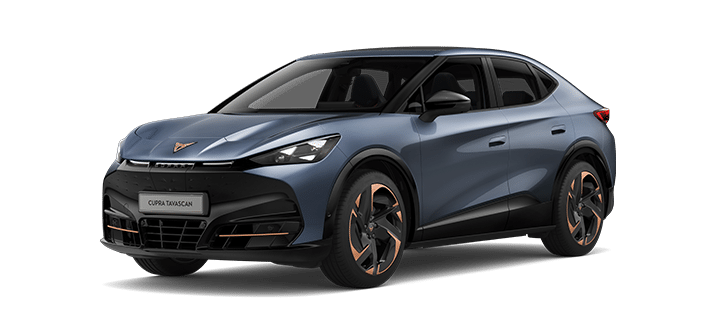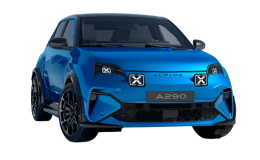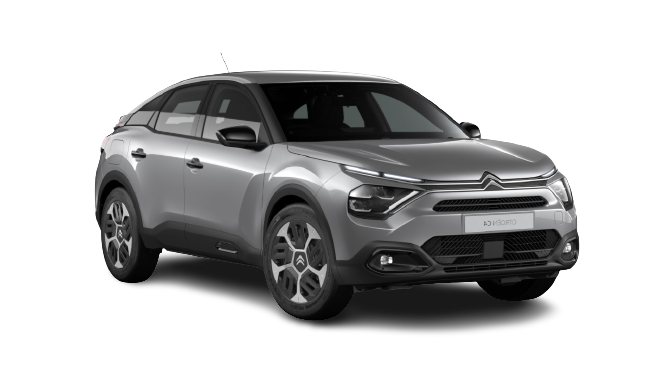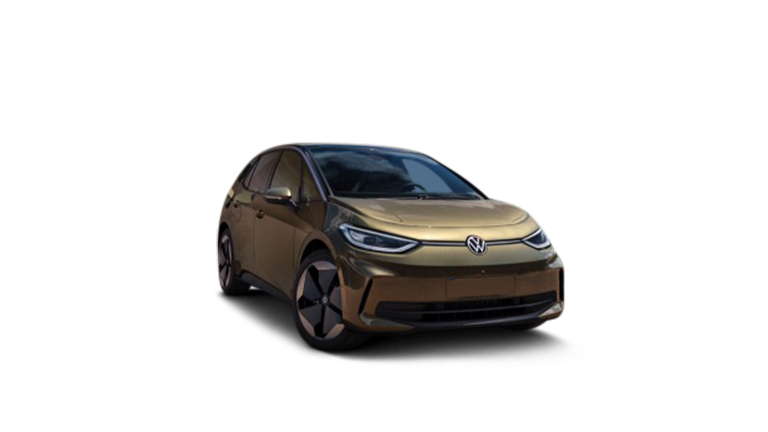ADEME's recommendations for electric cars
In order to ensure the deployment of electric vehicles deployment, theADEME gives us its recommendations on the subject.
Electric car battery capacity
Selon l’ADEME, “une voiture électrique roulant en France a un impact carbone 2 à 3 fois inférieur à celui d’un modèle similaire thermique, à condition que sa batterie soit de capacité raisonnable (< 60 kWh).”
The battery of an electric car must therefore be kept to a reasonable size. reasonable size so that it remains acceptable from a climatic and economic point of view, and so that the vehicle retains its ecological legitimacy. What's more, if the battery capacity exceeds 60 kWh, the environmental benefits of the electric car would no longer be guaranteed.
It should also be noted that thecarbon footprint of an electric vehicle is proportional to its weight. A battery that is too heavy would therefore result in a carbon impact impact. However, most recent electric vehicle models are equipped with increasingly high-capacity batteries, in order to offer the best possible range.
When choosing your electric vehicle model, battery capacity is therefore a feature to be taken into account, depending on your needs. If you want to buy an electric car for mainly city use, for local trips, there's no need to buy an electric vehicle with a super-powerful range. Instead, you can opt for an electric model that's compact and lightweightwith a low-power battery, like the Peugeot e-208the Renault Zoe E-Tech or the Dacia Spring.
See also : Top 10 electric city cars
The accessibility of electric cars
A major challenge for the electric vehicle market electric vehicles is to make them more accessibleby ensuring access to electric vehicles for all. Indeed, the aim for manufacturers is now to offer models adapted to all motorists, according to their needs, habits and budget.
Thanks to the development and diversification of the electric mobility market, we're already seeing the emergence of numerous electric vehicle models at increasingly affordable prices, suitable for smaller budgets.
Another point that will make greater accessibility in terms of electric mobility will be the development of used electric vehicles on the automotive market. Indeed, the growth in the number of used electric vehicles over the next few years will make it possible to diversify purchase options and thus cater for a wider range of budgets and needs.
See also : Should you buy a used electric car?
Beev offers multi-brand 100% electric vehicles at the best prices, as well as recharging solutions.
Recommendations for charging stations
The power of charging stations
As in the case of electric vehicles and the problem of excessive battery capacity, the ever-increasing power of the charging stations is also a concern.
The greater the capacity of an electric car's battery, the greater the energy required to recharge it. energy-intensive. The fact that an electric car can be fully recharged in just two minutes - the equivalent of a full tank of petrol for a combustion-powered model - poses a serious problem in terms of energy availability.
In fact, recharging a battery in such a short space of time, especially if it's a powerful battery, would require an inordinate amount of electrical power. excessive electrical powerparticularly harmful to the environment.
Furthermore, from an environmental point of view, it is also important to choose the right moment right time to recharge your electric vehicle in order to reduce its carbon impact. For example, it's best to favor night-time recharging at night or during lunchtime to take full advantage oflow-carbon electricity andavoid over-consumption of the power grid during the day.
The development of charging stations
In addition to making electric cars accessible to as many people as possible, we also need to speed up the deployment of charging points in France. Indeed, although we have seen an increase in the number of charging points in France in recent years, it's vital to continue this expansion.
The challenge is to guarantee electric car drivers peace of mind when it comes to recharging their electric vehicle. They need to be spared the possible mental burden of the absence or lack of recharging points on each of their journeys.
What's more, we need to encourage the deployment of recharging stations both at home, for private individuals, and in businesses, for professionals.
See also : Electric vehicle fleet: the complete guide
Would you like to install a charging station?
On the other hand, it will also be necessary to revisit our vision of mobility and accept that the electric car does not and never will function like an internal combustion combustion-powered vehicleespecially when it comes to recharging and autonomy.
And that's not the point of electromobility. In fact, the recharging time for an electric car will always be much longer than a two-minute fill-up for a combustion-powered car. The challenge is to raise motorists' awareness of this issue, while inviting them to rethink their habits and their relationship with time.
In conclusion
The correlation between battery capacity and electric vehiclerange raises the question of priorities. Indeed, given thenegative impact of an overweight battery with excessive capacity, we need to ask ourselves whether ever-greater power is really necessary in terms of battery capacity.
On the other hand, the ever-increasing quest for greater electric car autonomy, both by motorists and manufacturers themselves, tends to favor this constant increase in capacity.
But then, should we prioritize performance and the autonomous dimension of the electric car? Or should we maintain a certain frugality in terms of battery power, in favor of energy sobriety?
Let's hope that the issue will be studied for future electric car models to be released on the market..


